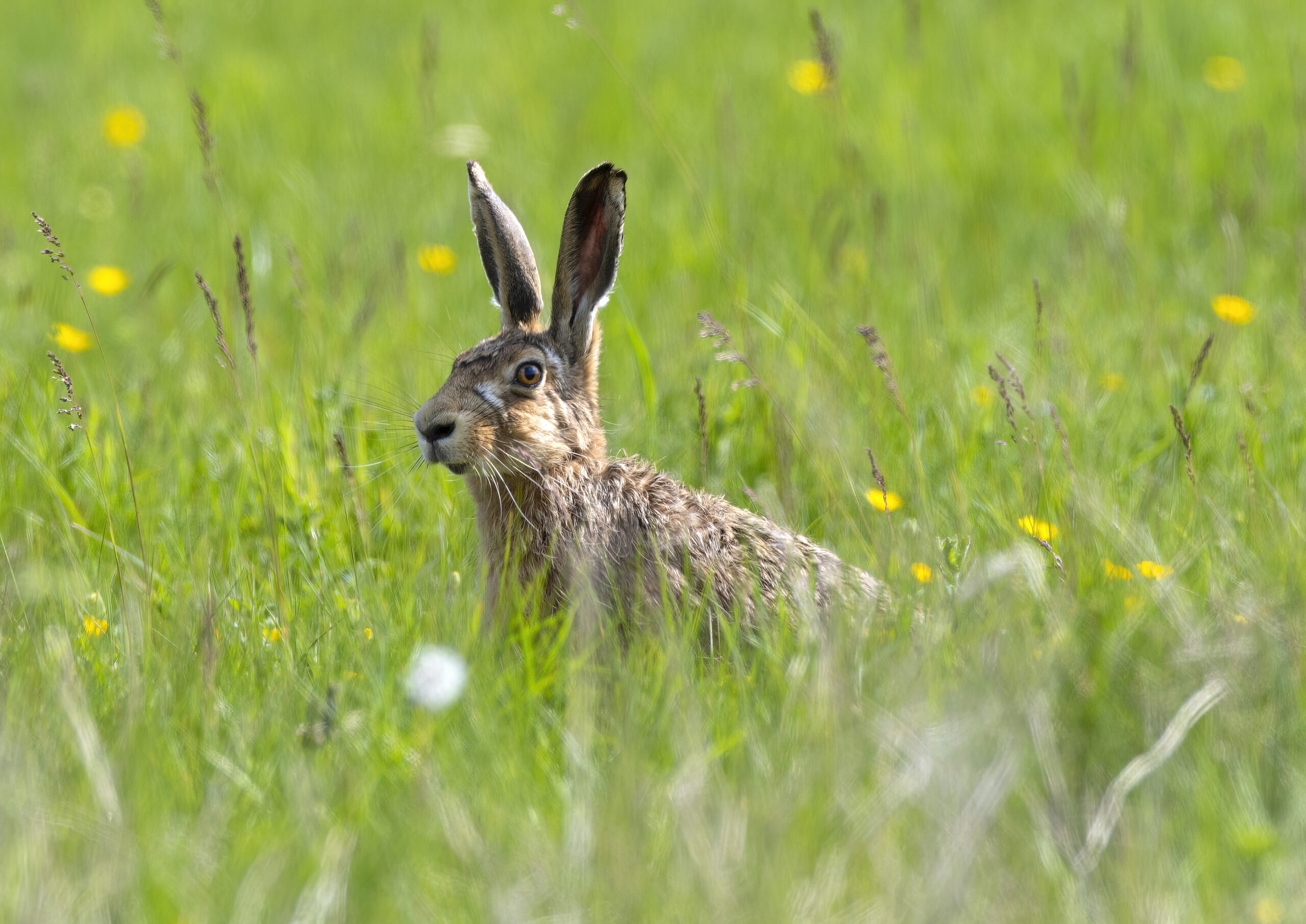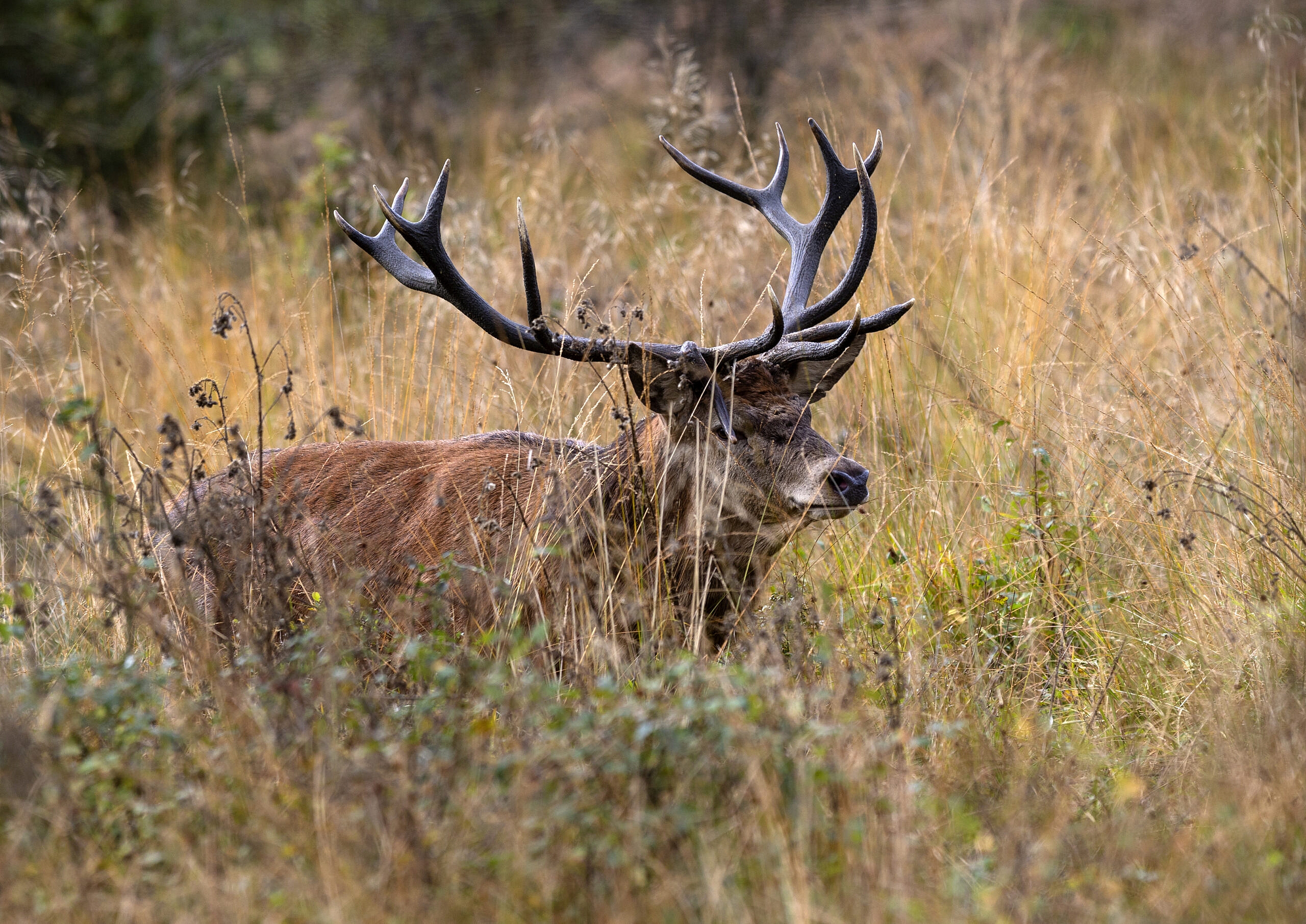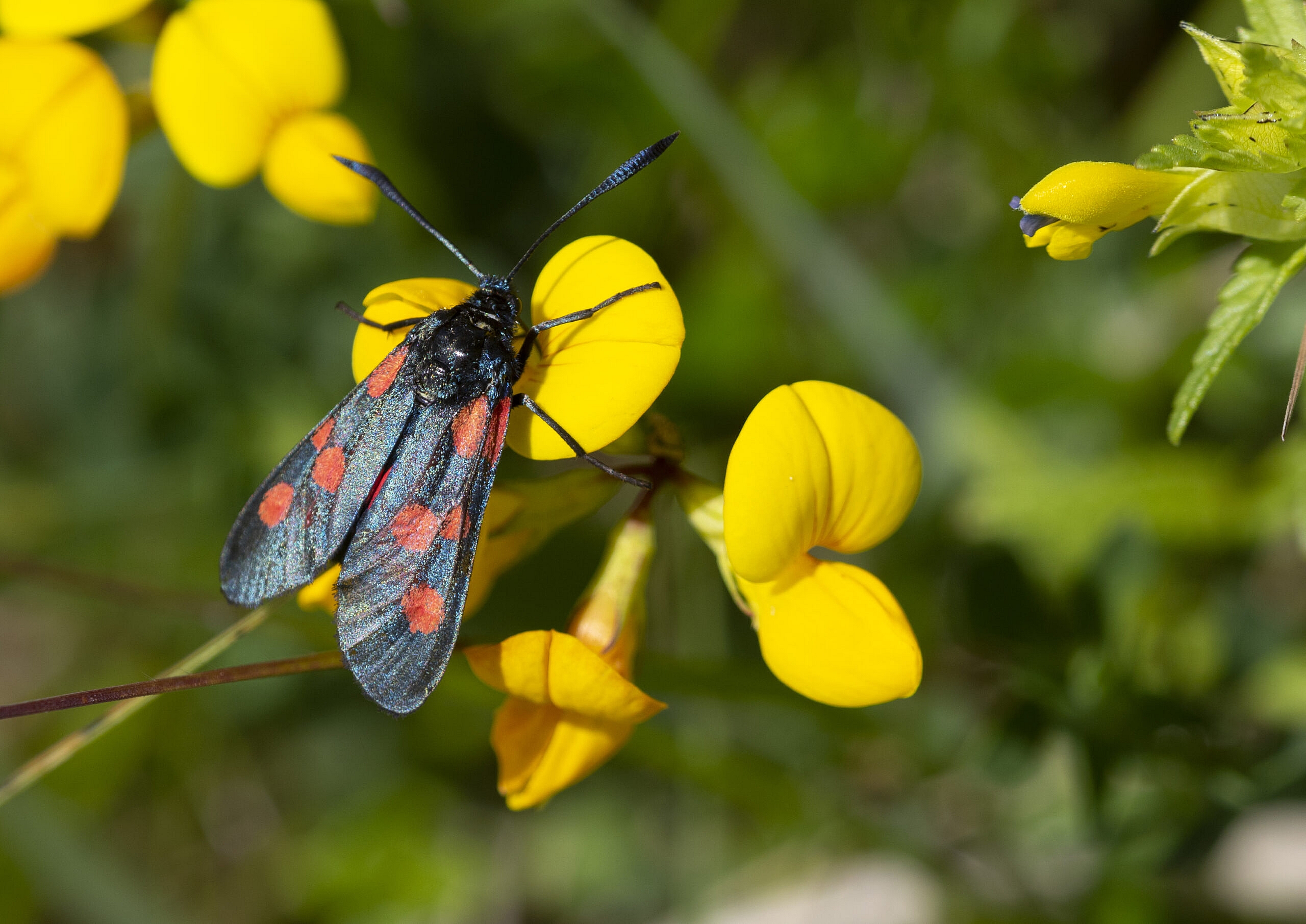“Biodiversity gain” is the latest buzzword in Government conservation policy. The new Environment Bill has the very laudable goal of trying to ensure that habitat loss is matched by habitat gain to excess elsewhere. It’s a clever idea, one that is aimed at helping to ensure the restoration of Britain’s deeply impoverished fauna and flora. But here’s the thing: it may not work.
“It is not the strongest of the species that survives, nor the most intelligent. It is the one most adaptable to change”.
This quote was not made by Darwin as is often claimed (It was made by a business professor at Louisiana State University) but it is a quote that Darwin should have made, because it is bang on. Give a species a thousand generations to adapt, and it can overcome pretty much anything. It is rapid change which denies a species the time it needs to adapt. Evolution may be clever, but it isn’t fast. And so here we have the heart of the problem: if we are restoring habitat elsewhere, where does the wildlife live while it matures? It’s bad enough for birds which can fly off to somewhere more amenable, but rip a mammal’s or a reptile’s habitat away and there is no great chance it will survive. This is part of a fundamental blindness of conservationism: the tendency to think about species, not ecosystems. You can’t just relocate a species, you have to relocate the entire food web upon which it depends. And species, as much as humans, have individual tastes and preferences. I’ve watched common lizards lying side-by-side where one completely ignored the ants that its neighbour ate with relish, and it’s not an uncommon behaviour. Relocation can be a little like taking me and dumping me in the central reservation of a motorway with curry: I’d starve to death as I can’t stand curry (sorry) and I couldn’t cross the road to get something I could eat.
I’ve first hand experience of this (no, not being stranded on the M4 with a curry…) when my local council bulldozed the nest tree of some barn owls. They explained they’d set up some alternate land for the owls – on the far side of the motorway. When I told them that fast roads are the biggest single killer of barn owls, they seemed quite surprised. But the point here is that you can restore to excess by all means, but leave as much of the original habitat intact as possible and ensure that there are transit corridors, so that any displaced creatures have at last some chance of making it to your new location. But in many cases, even this may not help. Species like robins and adders and water voles are highly territorial, and if dumped together in a new location, even one with plenty of food, may fight acquire the best spots. Astonishingly, there has been little or no research done on following up on large scale relocations to see if the populations have survived their trauma.
So, while I’m not suggest we should kill the new Environment Bill, I think we should be cautious about hailing a dramatic improvement until we see the real-world impact of its policies.





Social Profiles